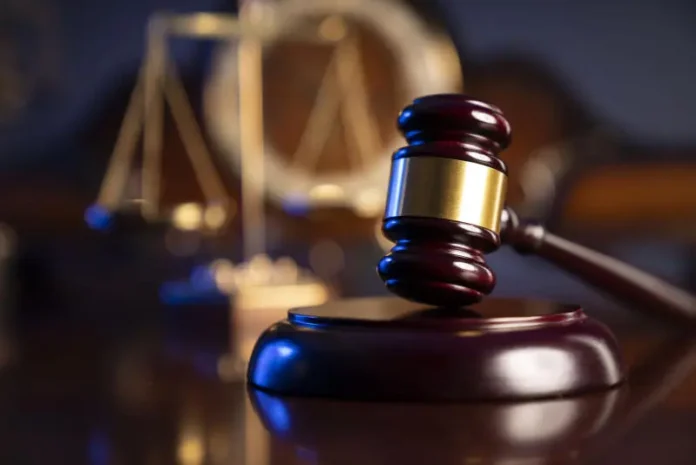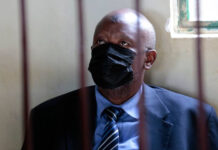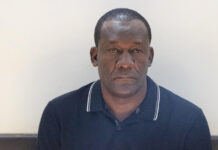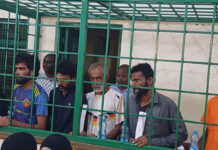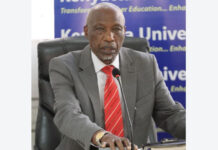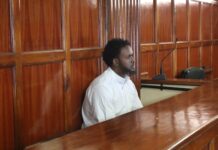The High Court has issued conservatory orders temporarily barring the swearing-in of newly nominated commissioners of the Independent Electoral and Boundaries Commission (IEBC), pending the determination of a legal petition challenging the nomination process.
Justice Lawrence Mugambi, delivering the ruling on Thursday, emphasized the importance of upholding constitutional processes while maintaining the doctrine of separation of powers. He stated that while Parliament may continue with the vetting of the nominees, the swearing-in must be put on hold until the court rules on the matter.
“In recognition of the public interest and constitutional implications raised by the petition, I find it necessary to suspend the swearing-in of the nominees until the case is fully heard and determined,” Justice Mugambi said.
The judge further directed that the case file be forwarded to the Chief Justice for consideration and empanelment of a bench, citing the gravity and public importance of the issues raised. “Given the weight of the constitutional questions involved, I believe this matter requires the input of a multi-judge bench,” he added.
The conservatory orders come in response to a petition filed earlier this month by two individuals who claim the nomination process for the IEBC leadership was illegal and unconstitutional. The petitioners argue that due process was not followed in the selection of the nominees.
President William Ruto had recently nominated Erastus Edung Ethekon as the new chairperson of the IEBC. He also named Anne Nderitu, Moses Mukwana, Mary Karen Sorobit, Hassan Noor, Francis Odhiambo, and Fahima Abdalla as commissioners. The nominations, aimed at restoring the electoral body’s full composition, came amid growing pressure to prepare adequately for upcoming electoral processes.
The ruling effectively stalls the reconstitution of the electoral agency, a move that could delay critical electoral reforms and preparations. Stakeholders, including civil society groups and political leaders, have been closely monitoring the process, with some expressing concerns about transparency and inclusivity.
As the matter awaits further judicial consideration, the spotlight now turns to the Chief Justice, who will determine the composition of the bench that will hear the petition.
Written By Rodney Mbua









